The country & thematic pages produced by the European Commission's Civil Protection and Humanitarian Aid Operations department provide overviews on specific themes or geographical areas.
All pages listed below are updated regularly, with their latest revision date indicated on each page.
Filter by
Country & thematic pages (93)
RSS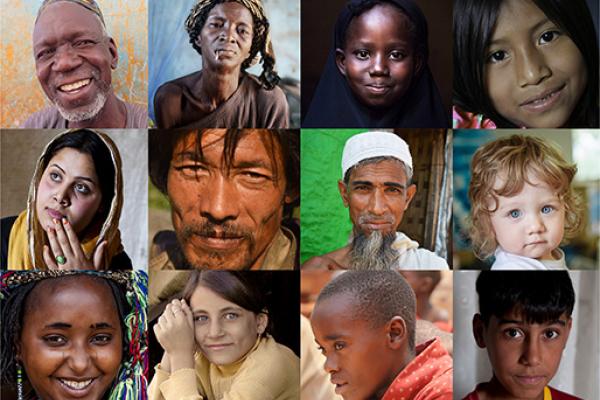
Natural hazards and human-induced crises are not gender neutral: they have a different impact on women, girls, boys, and men. They are also not age neutral. To respond effectively to different needs, EU humanitarian assistance must take gender and age into account.
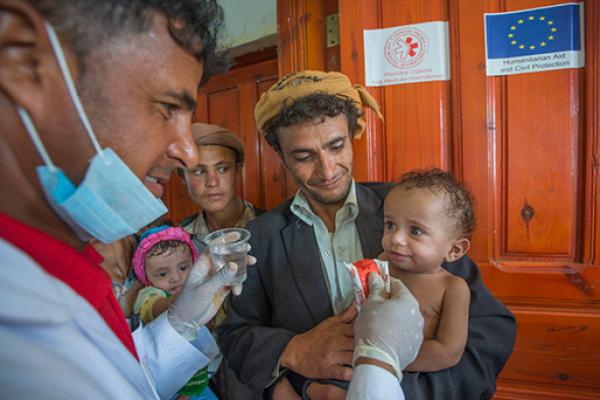
The Grand Bargain is an agreement between humanitarian donors and aid organisations to make humanitarian aid more effective and efficient. It was launched at the World Humanitarian Summit in May 2016.
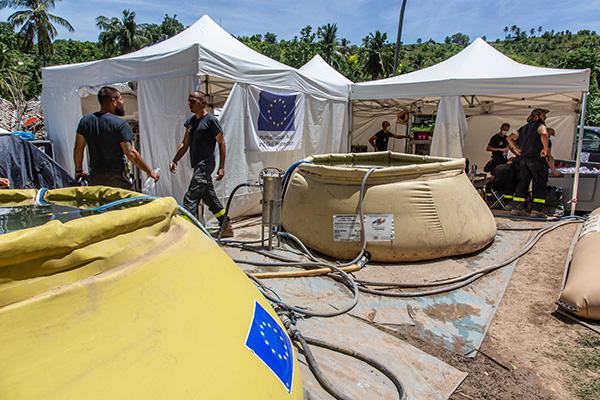
Haiti is a chronically fragile state, highly vulnerable to natural hazards and human-induced disasters. The country is presently facing a surge in gang violence amidst deep socio-political instability.
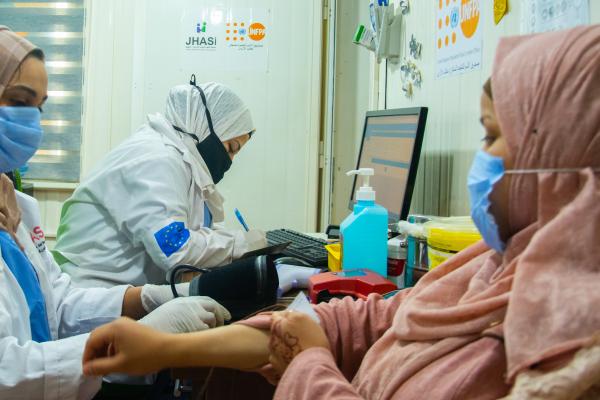
Health is a core sector of humanitarian assistance and a reliable measurement of its impact.
During humanitarian crises, the capacities of healthcare and access to services may be reduced, and the growing morbidity and mortality risks may result in exacerbating health needs...
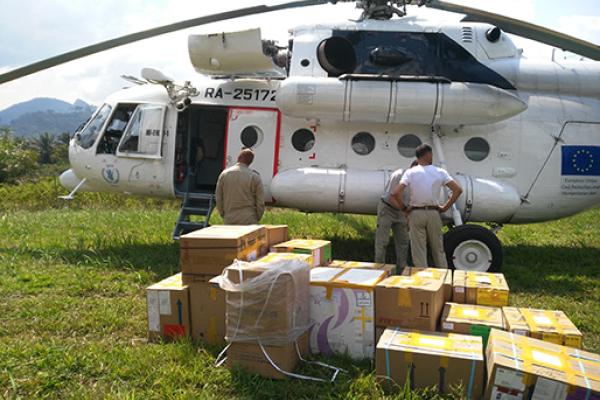
Humanitarian air services provide a lifeline for millions of people caught in humanitarian crises. In such situations, ensuring fast and safe access...
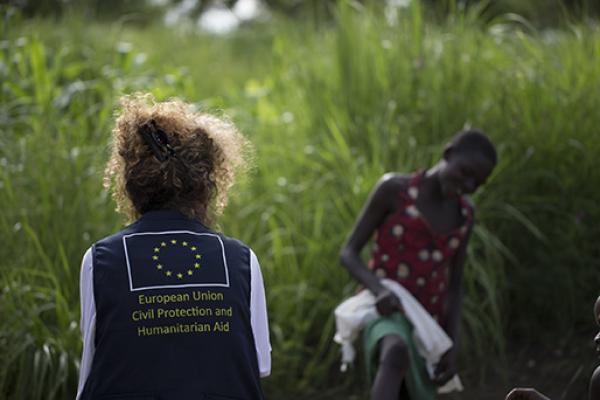
International humanitarian law (IHL) is a set of rules that seek to limit the effects of armed conflict. It lays out the responsibilities of states and non-state armed groups during an armed conflict.
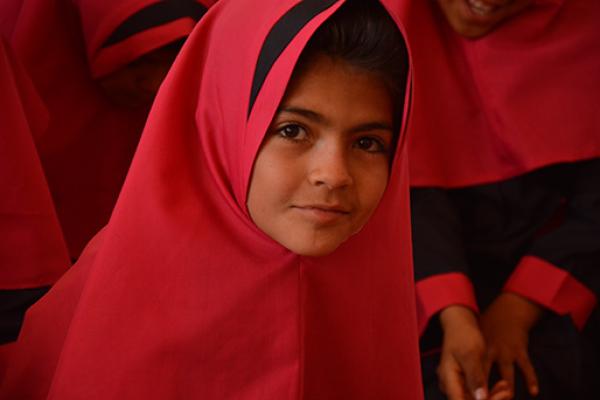
Iran is hit by multiple emergencies. There has been a significant deterioration of the humanitarian situation due to the worsening Afghan refugee crisis and a socio-economic and environmental crisis.
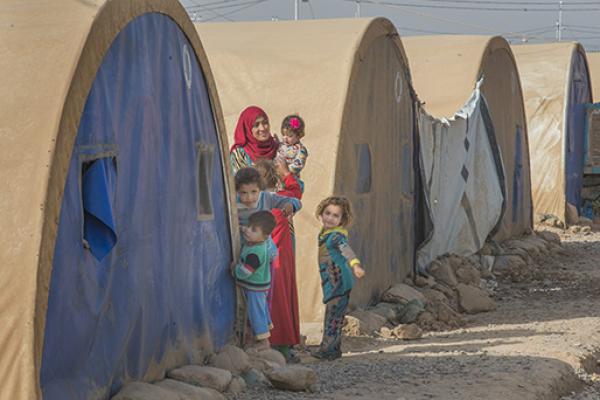
Since the end of the conflict against the Islamic State in 2018, the humanitarian crisis in Iraq has evolved from an acute crisis to a protracted one. This conflict displaced 6 million people between 2014 and 2017.
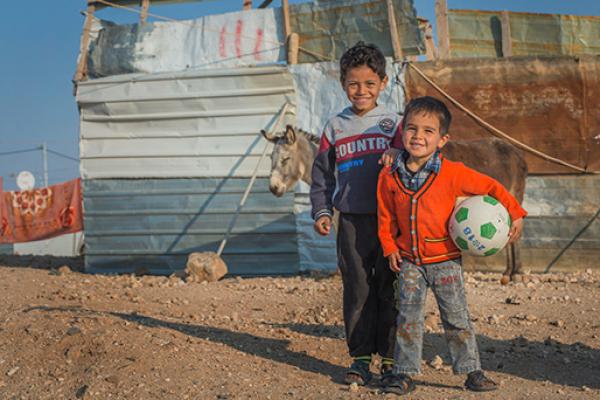
Jordan, a haven for refugees since the start of the Syria crisis in 2011, hosts the third highest number of Syrian refugees in the world. Most refugees live in cities, while others reside in camps such as Azraq and Zaatari.
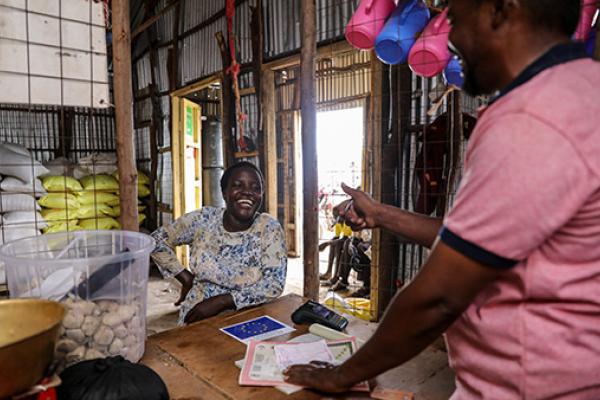
Kenya hosts nearly 700,000 refugees and asylum seekers. They are dependent on humanitarian assistance, even for their most basic needs.
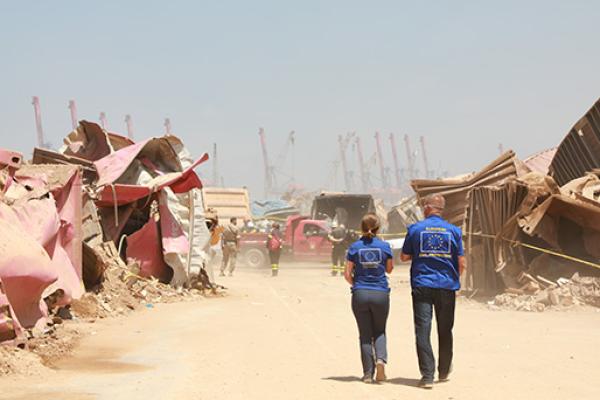
People in Lebanon, including refugees, are experiencing high levels of poverty and food insecurity while having limited access to services.
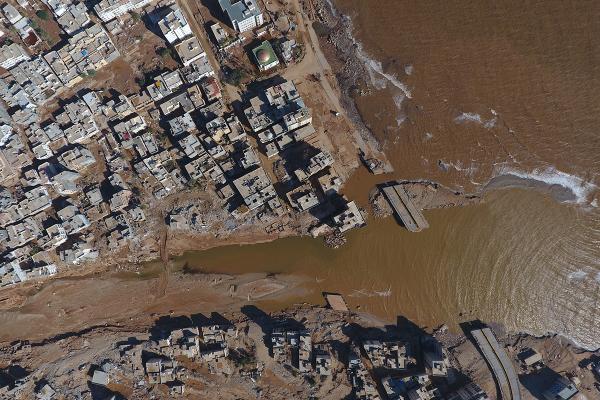
Since 2011, intense conflict and political fragmentation have significantly impacted Libya’s social fabric, basic services, and national infrastructure. In the aftermath of the devastating floods in September 2023, the EU is mobilising emergency assistance via its Civil Protection Mechanism.
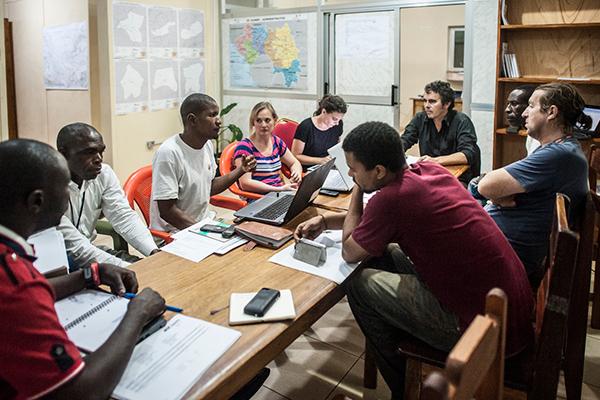
In the humanitarian sector, localisation means empowering local responders in affected countries to lead and deliver humanitarian aid.
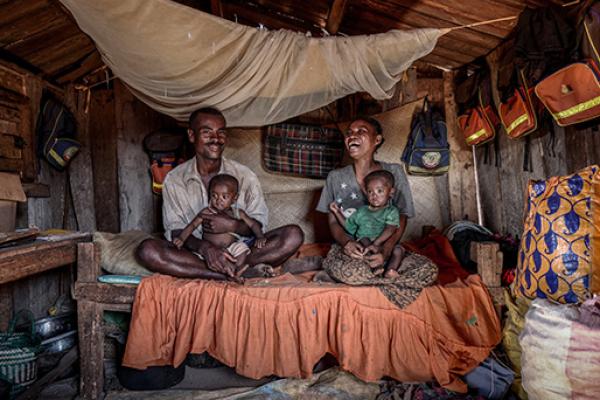
In Madagascar, 2.29 million people will be in need of urgent humanitarian assistance until mid-2024, as prolonged drought, recurrent floods, cyclones, and epidemics have impacted the already vulnerable populations living in the country’s Grand Sud and Grand Sud-Est regions.
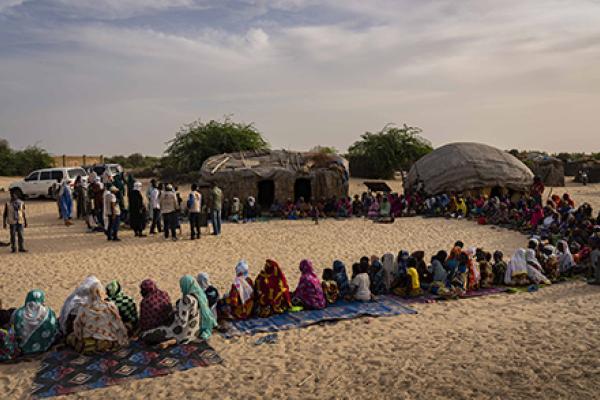
A complex crisis is affecting Mali, driven by conflict and insecurity, triggering (i) large-scale population displacements, (ii) socio-political instability, (iii) climate shocks and epidemics, and (iv) unprecedented levels of food and nutrition insecurity.
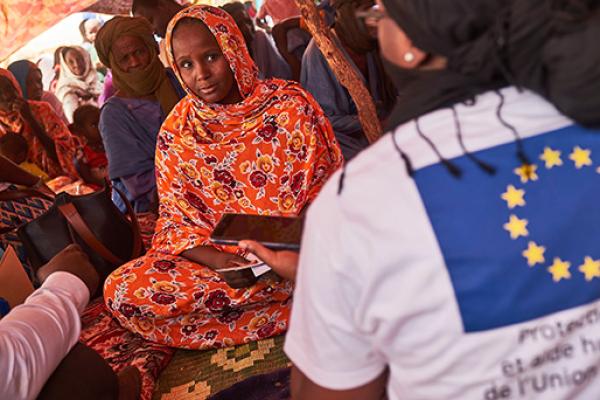
Bridging the Arab Maghreb and the Sahel region, Mauritania is one of the poorest countries in the world. Like other Sahel countries, Mauritania is affected by recurrent shocks.
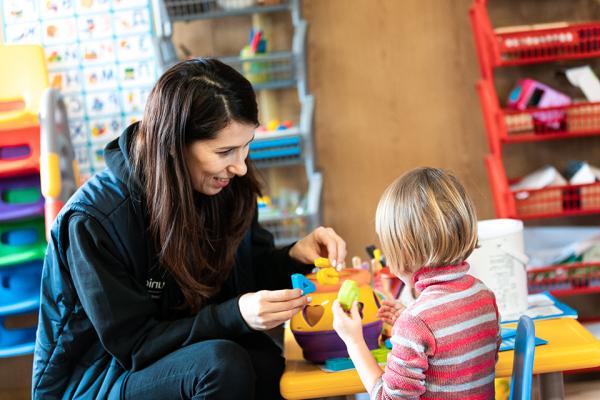
Russia’s aggression against Ukraine, which began in February 2022, continues to have significant consequences for neighbouring Moldova.
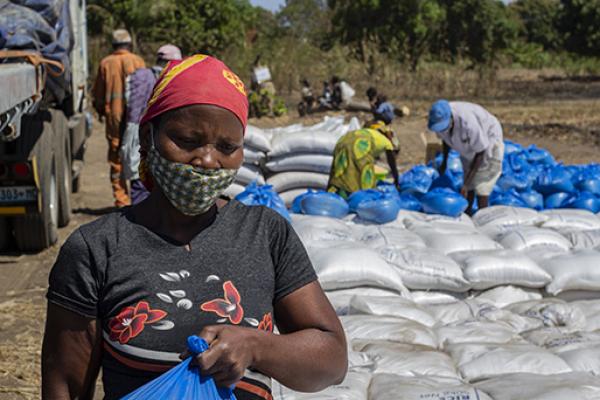
The security situation in Cabo Delgado, Northern Mozambique, despite recent improvements, remains volatile, and 1.7 million people remain in need of humanitarian assistance and protection.
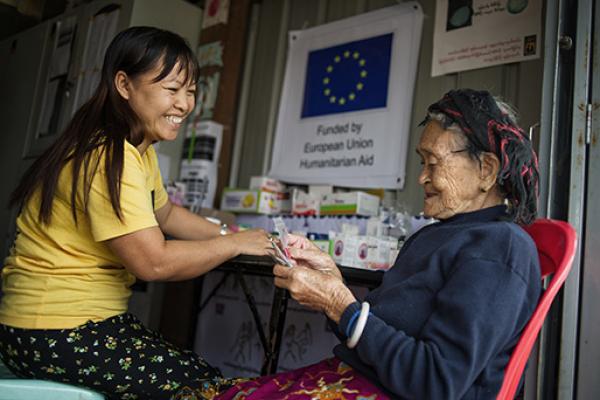
The already dire humanitarian situation in Myanmar has worsened since the military takeover in 2021. The coup d’état has plunged the country into political, social and economic turmoil, leading to a rapidly escalating civil war.
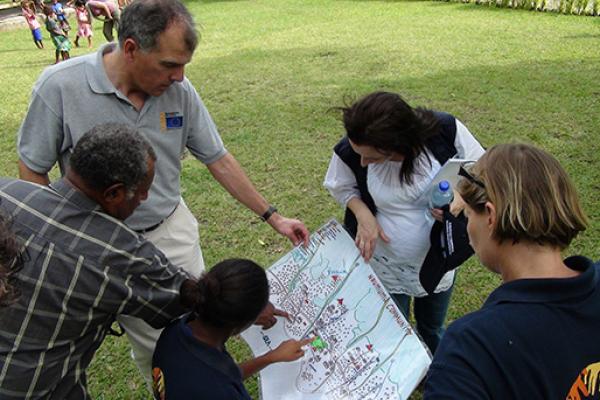
Through its humanitarian aid, the European Union seeks to address the needs of the most vulnerable people caught up in humanitarian crises and disasters.
